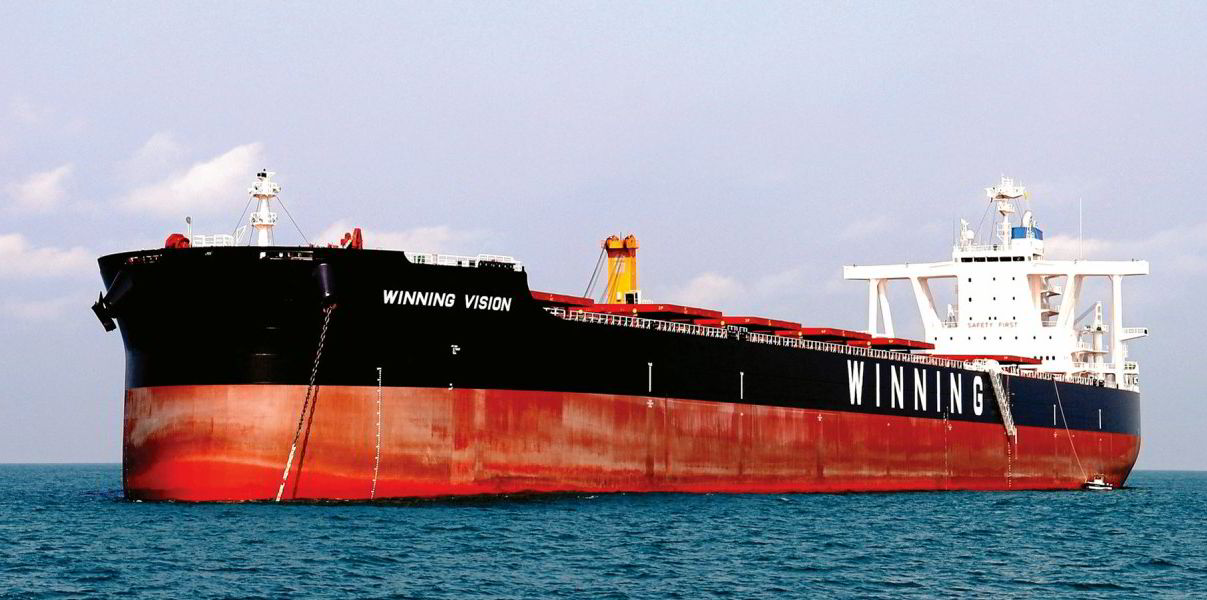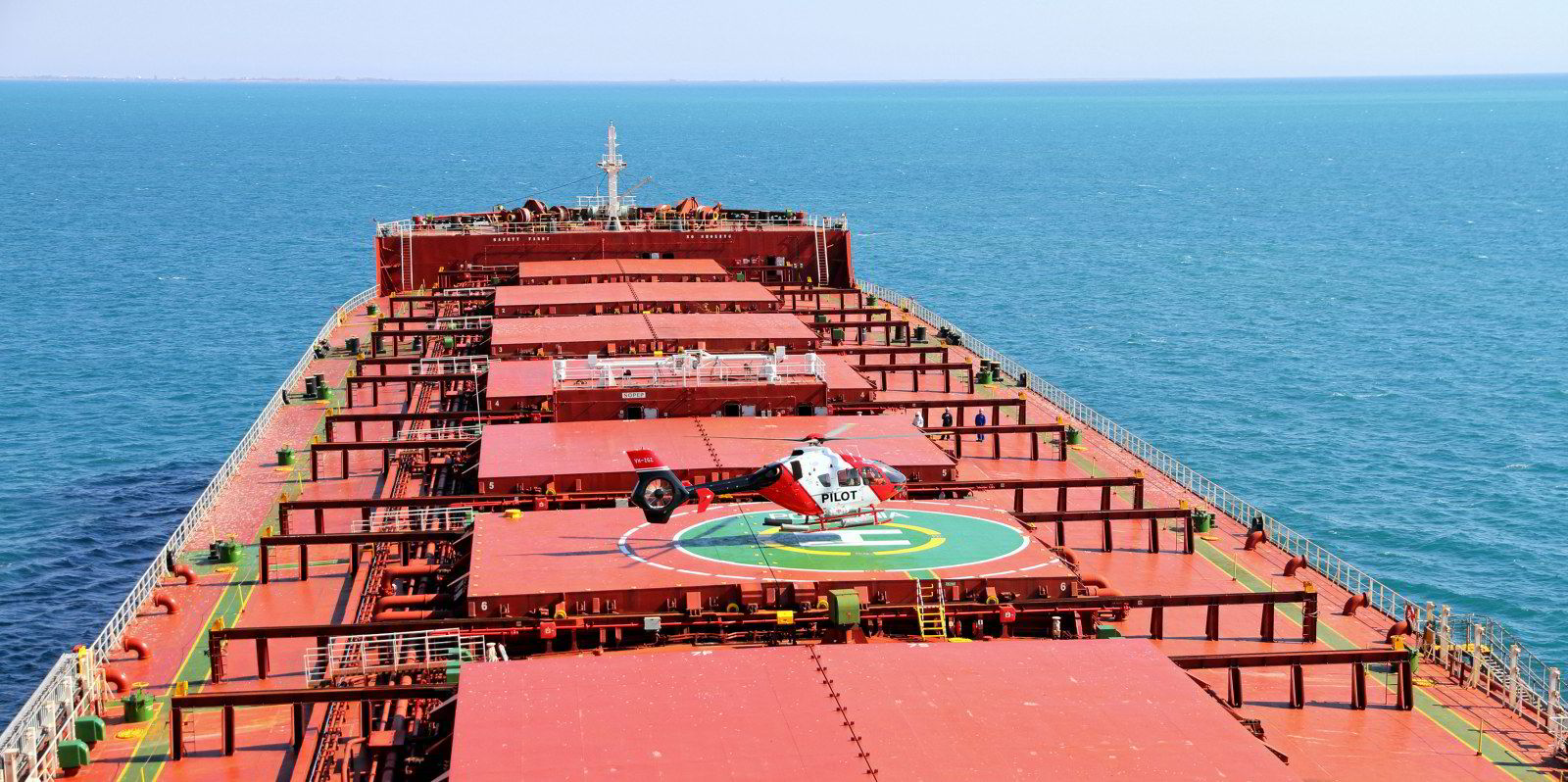The Baltic Dry Index (BDI) has fallen below 1,000 points for the first time in three months as all four major segments of the dry bulk market continue to weaken, primarily due to high in-port iron ore and coal supplies.
The BDI slid 13% on Wednesday to 977 points, marking the lowest it has been since late February.
The index was pulled down by weakening average spot rates across the dry bulk sector, especially those for capesize bulkers.
The Baltic Exchange’s Capesize 5TC set of spot-rate averages across five key routes plummeted 23.6% to $10,099 per day on Wednesday to its lowest point since early March.
The average spot rate for the roundtrip C8 voyage from Brazil to Europe slumped 52% to $7,344 per day on Wednesday to its lowest level since early March.
“While China and India maintain high levels of coal imports, European imports have begun to decelerate,” Clarksons Securities analyst Frode Morkedal wrote in a note.
Coal shipments from major Atlantic coal exporters dipped 11% last week, while Pacific shipments saw a slight increase of 0.4%, according to Clarksons.
“This development is likely attributable to high stock levels in ports, inflated gas inventories, diminished demand, and increased output from renewable sources,” he said.
“The reduced demand for coal is also evident in the current month’s price for coal delivery to European ports, which is at its lowest point since 2021.”
Morkedal noted that iron ore volumes seem “reasonably stable” as Brazilian capesize shipments hit a yearly high last week, but Australian shipments fell 2% week-on-week.
“The most notable underperformance comes from coal shipments in the Atlantic region,” he wrote.
The average spot rate for the roundtrip C10 voyage from Australia to China fell 19.1% to $10,677 per day on Wednesday.





